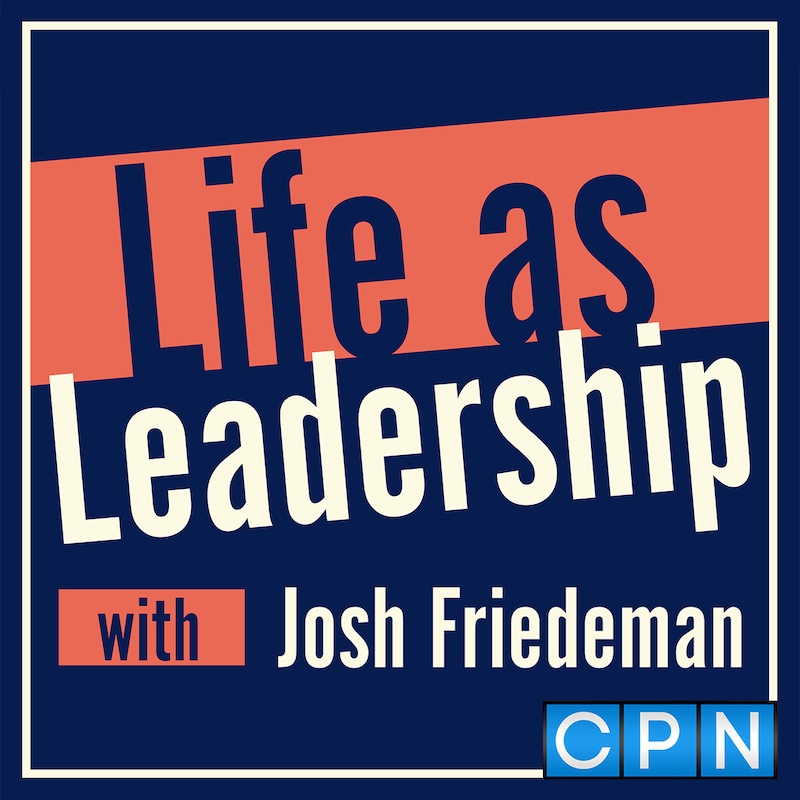Shownotes
Download a year’s worth of weekly action steps to improve your leadership for FREE!
Paula Caligiuri is a Distinguished Professor of International Business and Strategy at Northeastern University. Paula has authored award-winning articles and books – including her most recent book Build Your Cultural Agility: The Nine Competencies of Successful Global Professionals. She has been a frequent expert guest on CNN and is an instructor for a LinkedIn Learning course entitled Managing Globally. Paula co-founded a public benefit corporation, Skiilify, to help foster cultural understanding, and she holds a Ph.D. from Penn State University in Organizational Psychology.
LEADERSHIP INSIGHTS
- A multicultural environment is any environment that is demographically different (not just ethnic/national).
- Getting in an extreme cultural situation does more harm than good for cultural agility.
- Americans tend to smile a lot. This can look a little strange or un-credible.
- Be aware of the level of formality if you are working with people from another culture/demographic.
- In some cultures, silence means you are engaged. Sometimes it means you are disengaged.
- Push against the desire to seek the familiar and find someone who is demographically diverse.
QUESTIONS TO INSPIRE US TO ACTION
- What is some lesson, saying, or experience that continues to influence your leadership to this day? Having to get a job to make it during a study-abroad experience in Europe.
- Use three descriptors to finish this sentence: “A leader is…” Courageous, authentic, transparent.
- What is a question that leaders should be asking either themselves or others? How much time am I really spending understanding the environment I’m in and the people I’m with?
- What book would you recommend to leaders? Thinking, Fast and Slow by Daniel Kahneman
- If you could get every listener to start doing something THIS week to help them be a better leader, what would it be? Ask two more questions in any situation you’re in (no matter your natural level of curiosity).
- As a general life principle, is it better to ask “why?” or “why not?” “Why not?” because we can offer vision and hope and make a change whatever corner of the world we’re in.
CONNECT WITH PAULA
CONNECT WITH JOSH
Want a FREE list of weekly action steps to improve your leadership? Download the Leadership Action List TODAY!
Mentioned in this episode:
Subscribe to Business Bitcoinization
Subscribe on your favorite podcast app
Business Bitcoinization Trailer
Listen to the trailer




